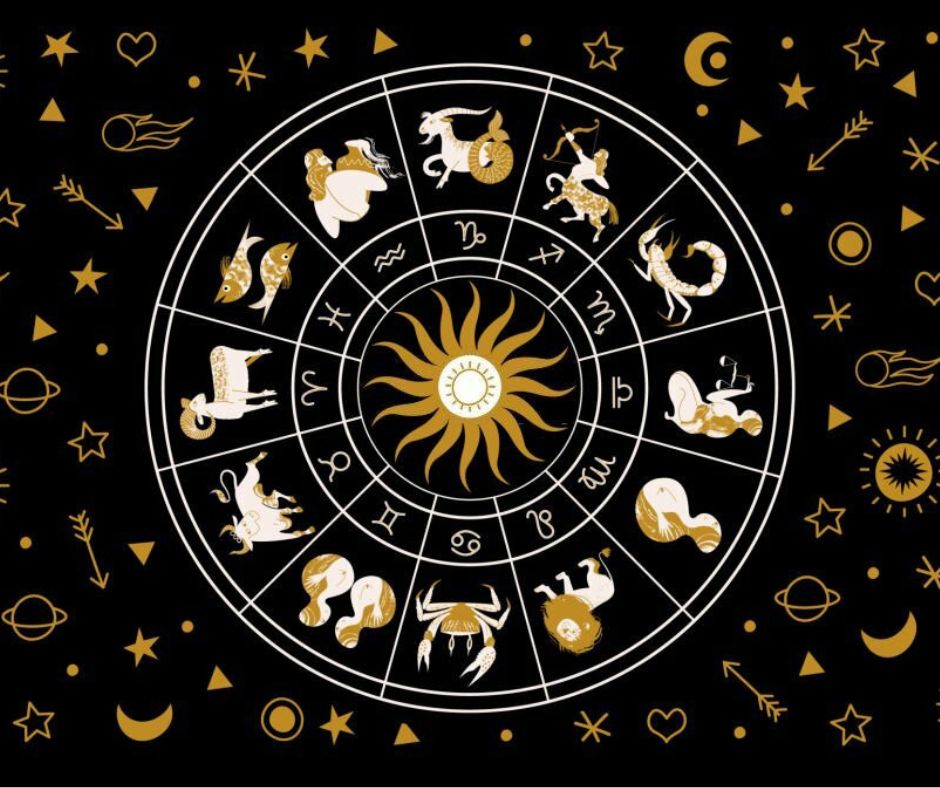Exploring Your Moon Astrology Sign: The Key to Your Inner Self

In astrology, the Moon holds a place of profound importance, representing not just our emotions but our instincts, subconscious mind, and inner self. While the Sun sign reflects our outward personality and the essence of who we are in the world, the Moon sign reveals the deeper, more private parts of us—the parts that shape how we feel, react, and connect with others on an emotional level. Exploring your Moon sign can offer deep insights into your emotional needs, triggers, and how you process feelings. Understanding your Moon sign allows you to nurture your Vedic Astrology birth chart well-being, build stronger relationships, and cultivate a more harmonious inner life.
The Moon represents our emotional foundation, and its placement in your birth chart reveals how you respond to situations and people on an instinctual level. If your Moon is in Aries, for example, you may find that you are quick to act on your feelings and may experience emotions with intense immediacy. You may also need a degree of independence to feel emotionally secure. Alternatively, a Moon in Cancer will likely indicate a person who craves emotional security and nurturance, finding comfort in family, home life, and deep emotional bonds. Each Moon sign shapes how we seek comfort and emotional release, providing key insights into our emotional world that can guide us in creating nurturing environments for ourselves and others.
The Moon also governs our reactions and instincts. How we instinctively respond to stress, comfort, or conflict can be understood by examining the placement of the Moon in our charts. Someone with a Moon in Sagittarius, for example, may respond to emotional challenges with optimism, seeking freedom or adventure as a way to escape tension. On the other hand, a Moon in Virgo may analyze emotions and seek practical, organized solutions when faced with difficult feelings. Understanding your instinctive reactions can help you manage your emotions more effectively and make more mindful decisions in moments of emotional turbulence. This self-awareness is essential for creating emotional balance and fostering emotional intelligence.
Your Moon sign also reflects your subconscious emotional patterns, which are often formed during childhood and may have a significant impact on how you approach relationships. If your Moon is in Capricorn, you might have learned to prioritize responsibility and emotional control in early life, leading you to approach emotional matters with caution and pragmatism. Meanwhile, someone with a Moon in Pisces might have grown up in a more imaginative or emotionally fluid environment, leading them to have a deep connection to their intuition and empathy. Recognizing the emotional patterns tied to your Moon sign helps you heal old wounds, let go of limiting beliefs, and cultivate healthier emotional habits. This awareness can also enhance your ability to understand others’ emotional worlds, making you more compassionate and responsive in relationships.
In relationships, the Moon sign is a powerful indicator of emotional compatibility and what you need to feel loved, secure, and understood. For example, a person with a Moon in Leo may desire attention, appreciation, and admiration from their partner, while someone with a Moon in Aquarius may value independence and intellectual connection over emotional displays. The Moon shows how we give and receive affection, how we express our needs, and how we respond when those needs are not met. By understanding your own Moon sign and the Moon sign of your partner or loved ones, you can better navigate emotional dynamics and create deeper, more fulfilling relationships based on mutual understanding and support.
Beyond relationships, your Moon sign holds the key to your self-care practices. As the Moon governs emotions, finding self-care activities that align with your Moon sign can help you manage stress and replenish your emotional energy. For instance, someone with a Moon in Taurus might find peace in grounding activities like gardening, cooking, or spending time in nature. A Moon in Gemini, on the other hand, may benefit from engaging in mentally stimulating activities, such as reading, writing, or learning new skills. Understanding your emotional needs can guide you toward self-care routines that help restore balance, enhance your emotional health, and cultivate a sense of inner peace. Your Moon sign serves as a roadmap to what nurtures and soothes you on the deepest level.
Finally, the Moon’s phases—new, waxing, full, and waning—provide an additional layer of insight into how we experience emotional cycles. The new moon is a time for new beginnings, setting intentions, and planting seeds for emotional growth. The full moon, on the other hand, represents culmination and release, often bringing heightened emotions to the surface. The waning moon is a time for reflection, letting go, and preparing for a new cycle. Understanding the Moon’s cycles in relation to your own personal emotional journey allows you to sync your actions with the rhythm of nature, providing greater clarity and alignment with your internal processes.
In conclusion, your Moon sign offers a powerful window into your inner world, revealing how you navigate emotions, relationships, and self-care. By understanding your Moon sign, you gain access to deeper layers of self-awareness, empowering you to foster emotional growth, create meaningful connections, and design a life that honors your unique emotional needs. The Moon sign is the key to unlocking a more authentic and balanced version of yourself, helping you navigate life’s ups and downs with grace, self-compassion, and emotional clarity.